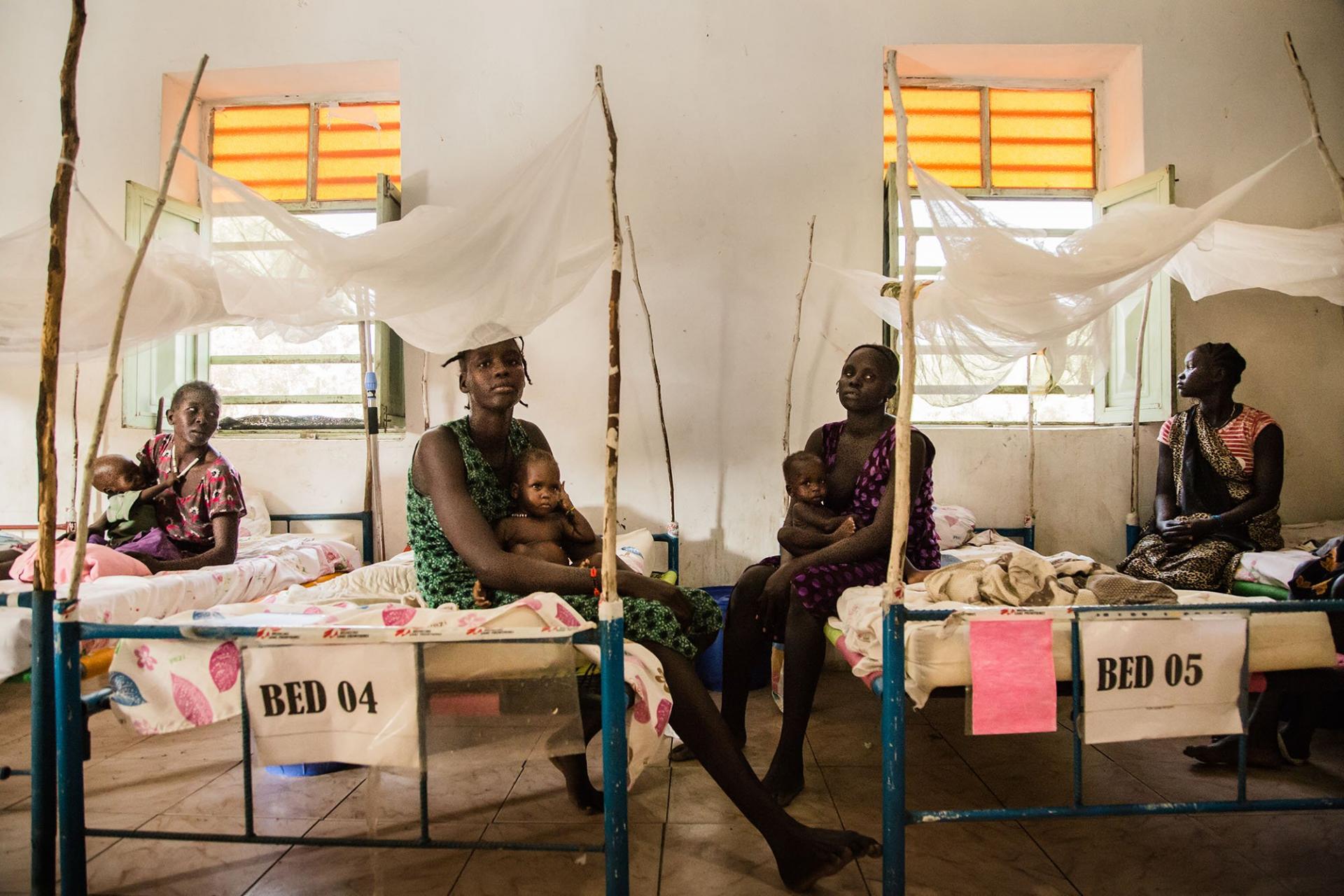After years of civil war, Africa’s youngest country is in a state of relative calm, but people’s medical and humanitarian needs are still enormous, says MSF medical coordinator Endashaw Mengistu.
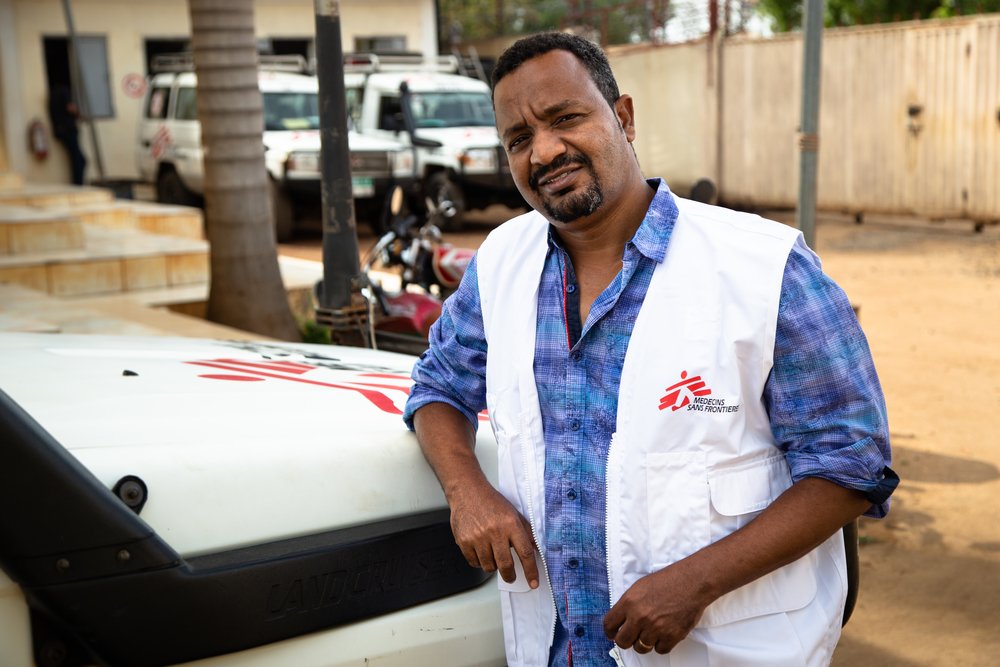
A health system brought to its knees
South Sudan is still affected by the conflict that started in late 2013, just two years after the country gained independence from Sudan, which saw the destruction of the health system on a massive scale.
A large number of health facilities were targeted in one way or another by different warring sides. Many were looted or burnt to the ground. Others have signboards with logos of NGOs but, when you step inside, there is nothing to see but ashes. This country has about 1,500 health facilities, and three-quarters of them need minor, major or complete renovations.
Many trained and skilled health staff left the country due to the violence and have not yet returned. Until this year, we didn’t have a single local doctor in the city of Malakal – the country’s second city before the conflict – because we couldn’t find anyone.
Even those health facilities which are open often have no medications. More than 80 percent of healthcare is provided by international organisations, but some have a limited capacity to deliver on the ground, and this impacts the efficiency of healthcare on offer.
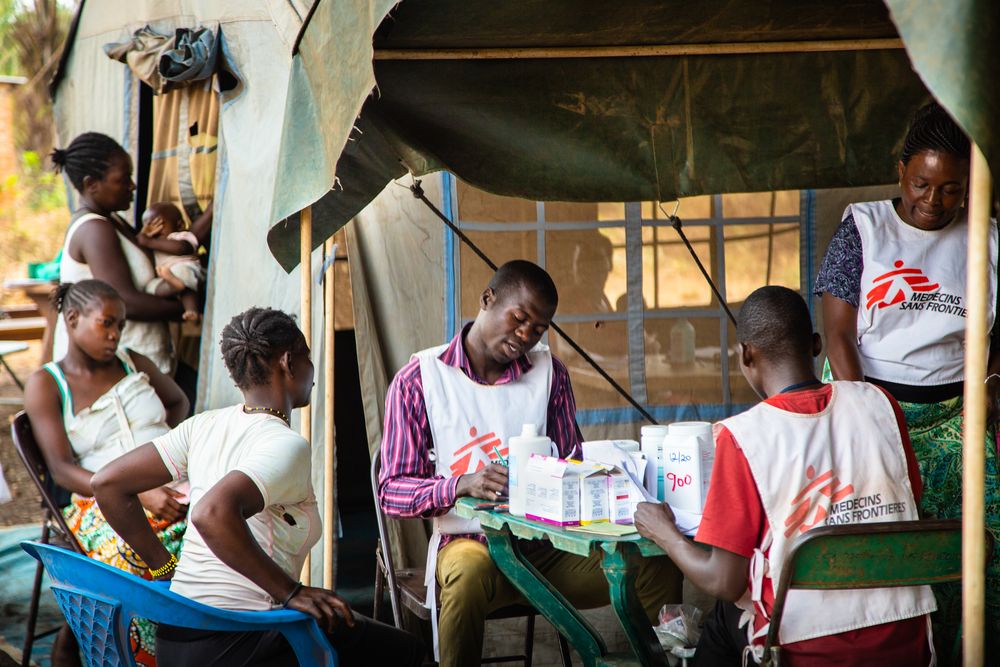
One-third of the population is not in their homes
Two million South Sudanese are refugees in neighbouring countries – mainly Uganda, Ethiopia and Sudan – and a further around two million are displaced within South Sudan. This means that one-third of the population are not living in their homes.
Some find themselves in one of the six Protection of Civilian (PoC) sites managed by UN forces in towns and cities such as Bentiu, Malakal and the capital, Juba.
Despite the peace agreement, many people in the camps don’t yet feel safe enough to return to their homes. In places like Malakal town, our teams hear that some people have returned home, only to find their houses inaccessible or destroyed, which among other causes leads many to stay in the camp.
In the camps, people’s exposure to past violent events and their current precarious living conditions in what some describe as living in confinement have brought about a very high need for mental health support.
We see many psychiatric cases and people who have attempted suicide as a result of their despair. When people’s mental health deteriorates, chronic infectious diseases and complicated co-infections are also more common.
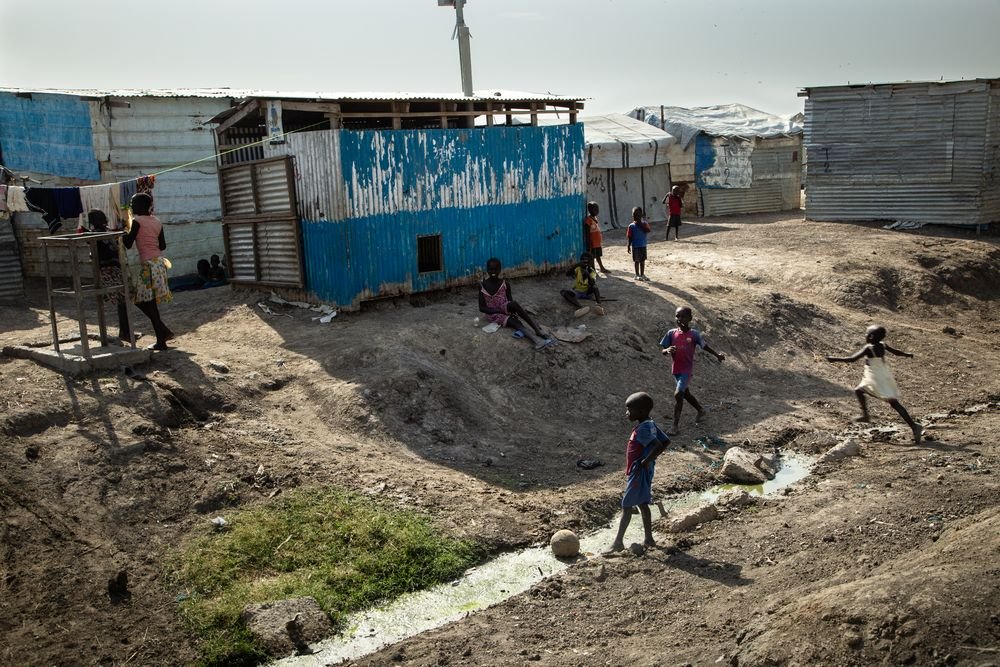
So many challenges: malaria, kala-azar and snakebites
Beyond the camps, in South Sudan today there are way too many challenges. Malaria is a big killer and our teams are busy treating the disease and launching seasonal chemo-prevention campaigns. In 2018, we treated nearly 270,000 people for mosquito-borne disease.
In the Upper Nile region, there are significant pockets of kala-azar, also known as visceral leishmaniasis, a disease transmitted by sandflies that can be fatal if left untreated.
Snakebites are also a problem in several parts of the country and timely treatment is crucial to tackle them.
For all these health issues, you need a functional health facility where medical staff can monitor a patient for side effects, but this is unavailable in many places.
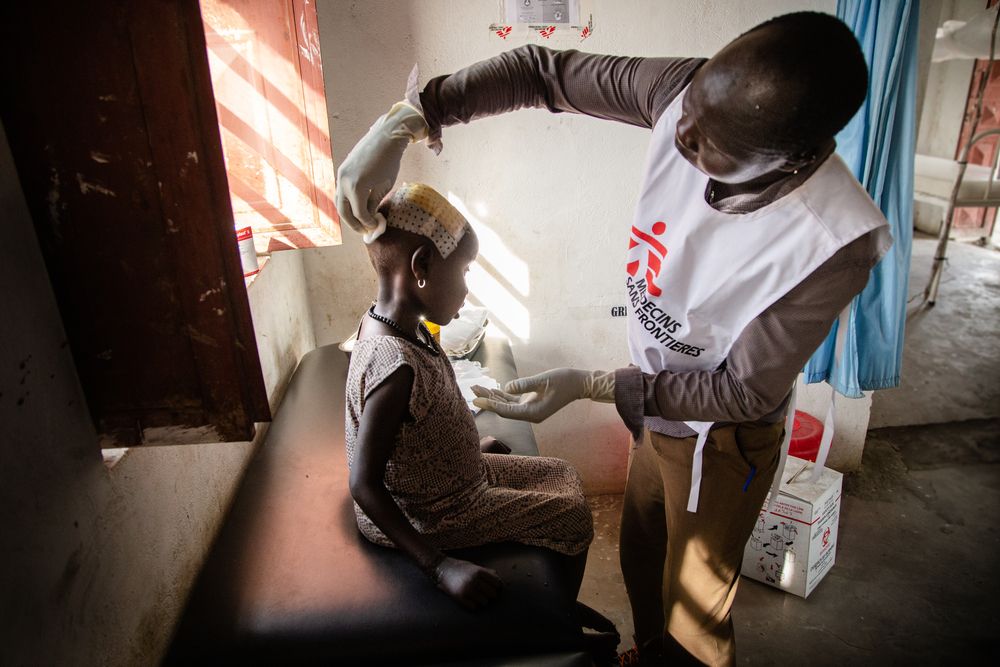
When the nearest hospital is seven days’ walk away
Less than half the population lives close to a functional health facility. Even then, it can usually provide only basic treatment, with no inpatient care, surgery, nursing or specialised care.
HIV and tuberculosis (TB) are for instance common chronic infectious diseases but only a small fraction of the affected people have access to treatment and there is poor diagnostic capacity.
The only alternative to access adequate healthcare is often to leave, walk long distances and even cross international borders to find a hospital.
Until a few months ago, for people in the remote northeastern area of Ulang, the nearest hospital was in Ethiopia – a journey of up to seven days during the rainy season and a few days less in the extremely hot dry season.
If a patient has a disease like tuberculosis, their breathing may be severely affected and they may not be able to walk long distances.
If the patient is a pregnant woman in obstructed labour or in need of a caesarean, the most likely scenario is that she will die unless she reaches a hospital. In such cases, the only way to get there is via speedboat or plane, as there are very few paved roads.
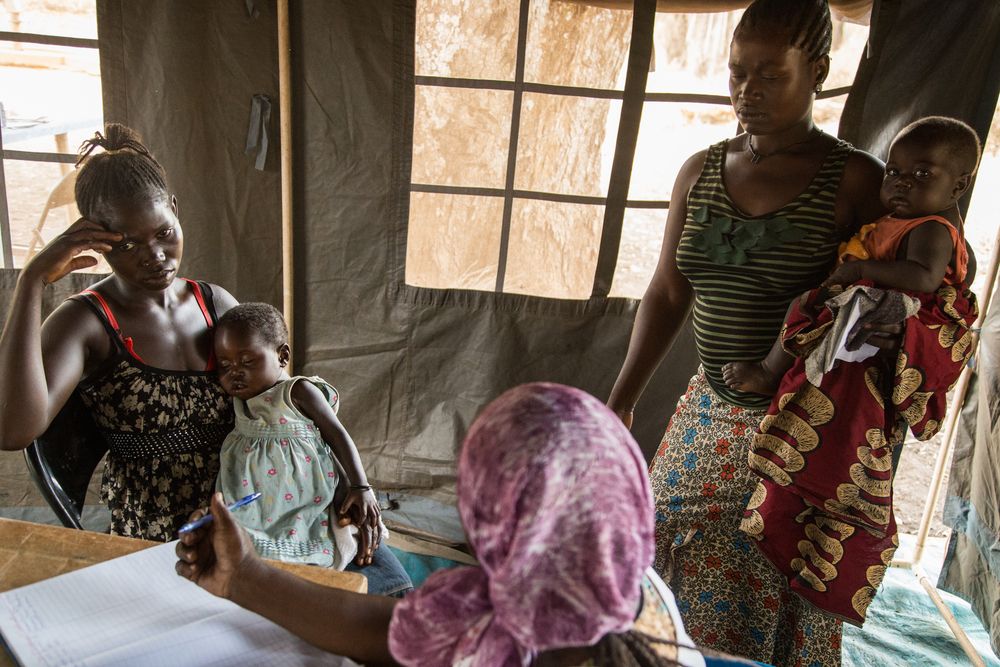
Preventive healthcare is crucial to avoid new emergencies
Before the civil war in 2013, the immunisation coverage of children under one year was estimated at 60 percent. Currently, it stands at around 20 percent– a significant reduction.
As a result, a lot of preventable diseases flare up as outbreaks from time to time. There are regular cases of measles, meningitis, rubella and yellow fever, among other diseases.
In such a context, preventive work is crucial. What we’ve seen in Malakal is that, as soon as you do vaccinations, the morbidity and mortality decrease drastically.
In Juba, over the past two years, we have vaccinated about 300,000 people against cholera, and this has probably contributed to there being no recent outbreaks.
In the months since the peace agreement, the country has not been spared other violent events, such as inter-communal disputes. There are certain vulnerable groups in need of special protection.
About 3,100 child soldiers have been demobilised in the past years, but some of those whom we are providing with mental health support in the southern town of Yambio have expressed fears of being recruited again.
A lot of work, and on several fronts, still has to be done to address the uncountable health needs of the people of South Sudan.”
